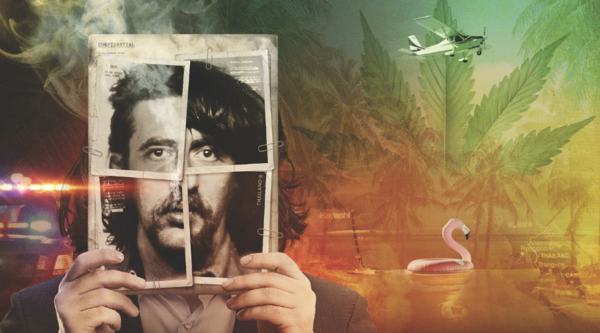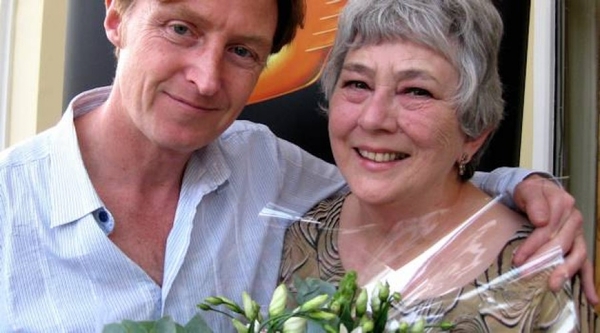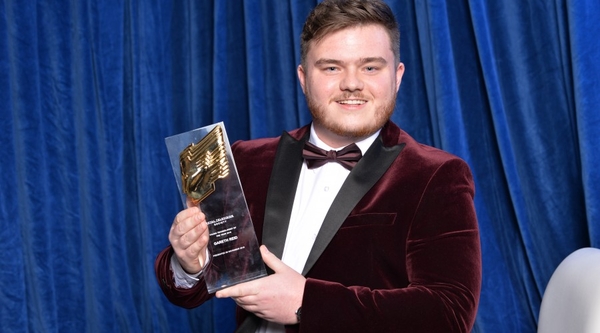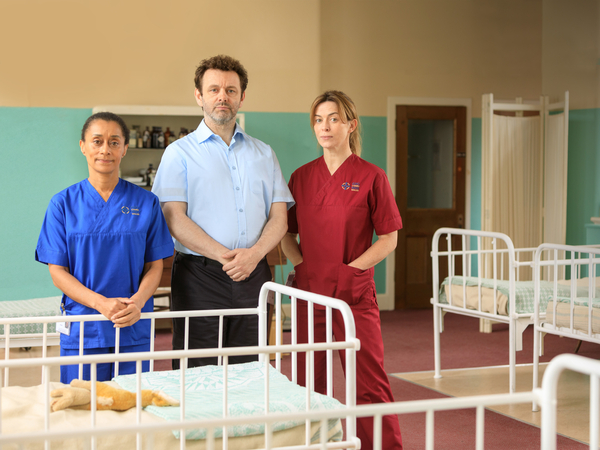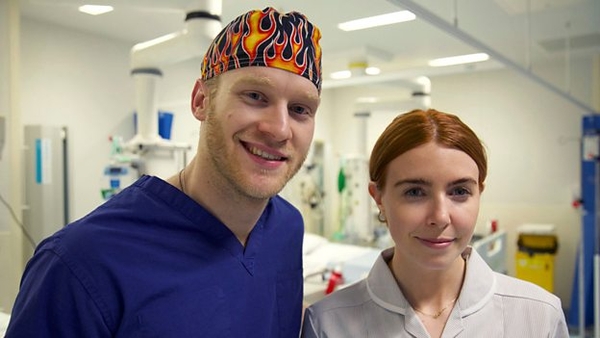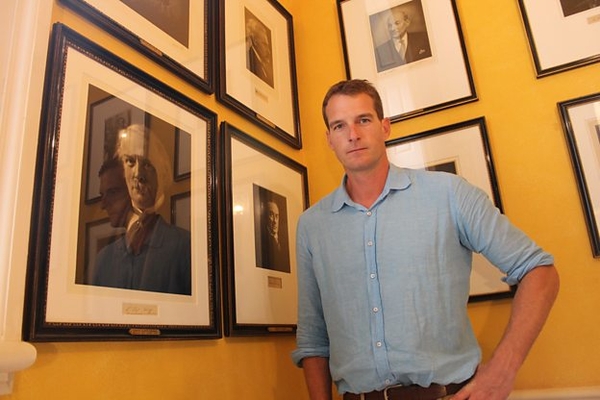The making of Hunting Mr Nice
The late Queen’s phrase “recollections may vary” is something documentary-makers know all too well as they try to tell real-life stories.
In the case of new BBC two-parter Hunting Mr Nice: The Cannabis Kingpin, an added challenge was that several of the interviewees were frequently high on drugs during the times they were trying to recollect.
The audience at the RTS Cymru Wales screening and Q&A learnt about the difficulties of assembling and questioning members of notorious cannabis smuggler Howard Marks’s inner circle, some of whom had never spoken before.

